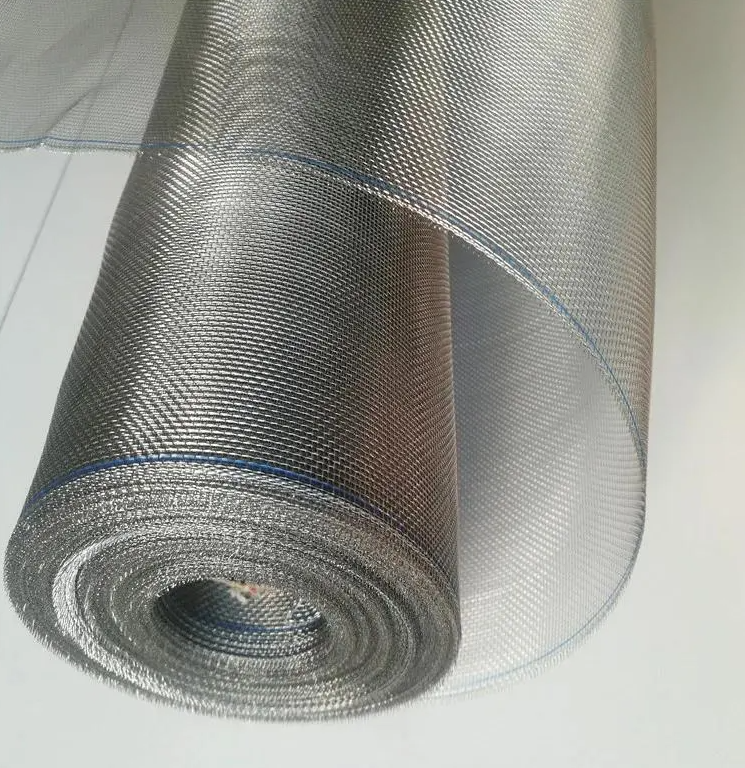The unique properties of stainless steel make it ideal for a variety of industrial, commercial and residential applications.
A common application scenario for stainless steel wire mesh woven screens is the construction industry. These screens are used to reinforce concrete structures, providing strength and stability to the building material. The corrosion-resistant properties of stainless steel make it suitable for outdoor construction projects where the material is exposed to harsh weather conditions.
In the agricultural field, stainless steel wire mesh woven screens are used for fences and animal enclosures. The durability and strength of stainless steel make it an excellent choice for protecting crops and livestock from external threats. Mesh design allows airflow and visibility while providing a safety barrier.
Another important application scenario of stainless steel wire mesh woven screens is in the filtration and separation industry. These screens are used in a variety of filtration processes, including water treatment, oil and gas separation, and air filtration. The fine mesh design can effectively separate particles and impurities, making it an important part of industrial filtration systems.
In the fields of architecture and interior design, stainless steel wire mesh screens are used for decorative purposes. They can be integrated into building facades, interior partitions and decorative elements to create a modern and stylish aesthetic. The versatility of stainless steel allows for the creation of custom designs and patterns, adding a unique touch to any architectural project.
Additionally, stainless steel wire mesh woven screens are used in the automotive and aerospace industries for applications such as engine filtration, interior components, and safety features. Stainless steel’s high tensile strength and heat resistance make it an ideal material for these demanding environments.
In summary, stainless steel wire mesh woven screens have a wide range of application scenarios, from construction and agriculture to filtration and design. Their durability, strength and corrosion resistance make them valuable materials in various industries, helping to improve the efficiency and safety of numerous processes and products.
Post time: Mar-12-2024

